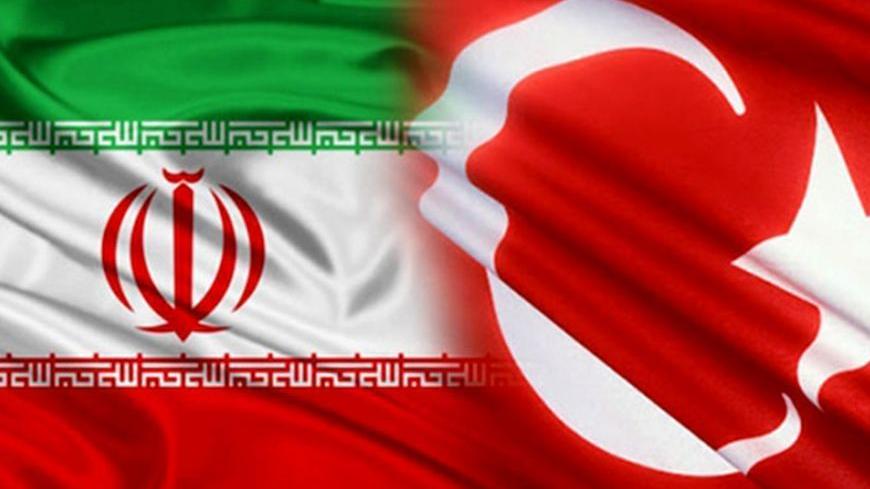Since the Islamist-based Justice and Development Party (AKP) came to power in November 2002, there has been much debate about Turkey’s deepening identity crisis. Domestically, people are increasingly divided about the role of religion in political and civil life. Internationally, there have been allegations about Turkey’s tendencies toward moving away from its traditional Western alliance. While there is nothing surprising in all of this, since secularism has been one of the most contested components in this country’s political life since its establishment in 1923, what is intriguing is that the lack of debate about the strength of the people’s loyalty to Sunni traditions.
Despite Turkish Prime Minister Recep Tayyip Erdogan government’s opening to Iran within the framework of its “zero problems with neighbors” policy, Turkey reminds us often that these two countries have never fought a war since the 1514 Battle of Chaldoran, where the Ottomans defeated the Safavid Empire. Although there may be a different reading of this historical record, too, one thing is clear: Since that battle, the Ottomans and the Persians have been divided as being the representatives of the Sunni and Shiite worlds, and they chose to keep their relationship at a controlled distance. That distance did not change after the foundation of the Turkish Republic from the ashes of a defeated Ottoman Empire.



